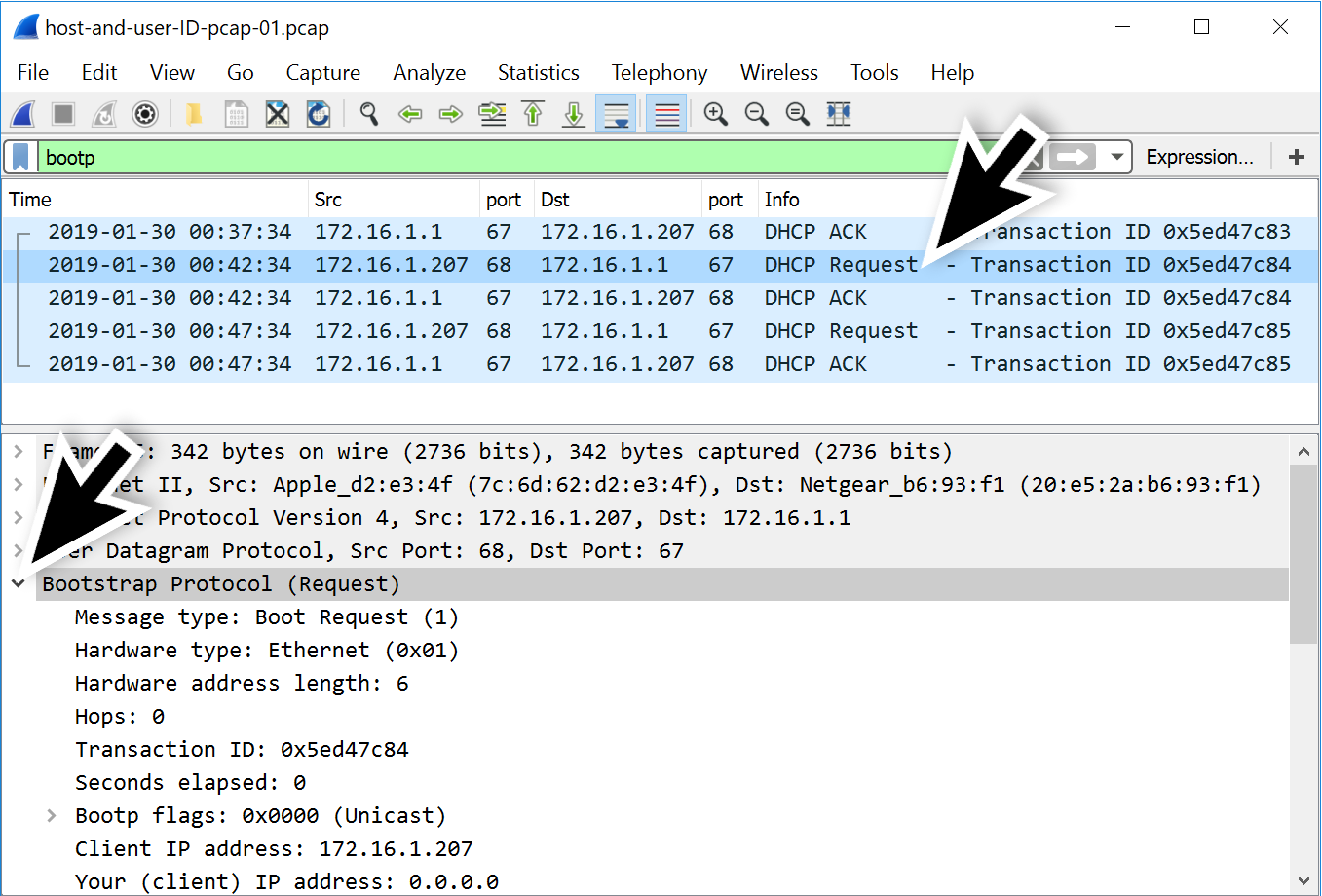

- #How can i find the host id for mac how to
- #How can i find the host id for mac code
- #How can i find the host id for mac series
- #How can i find the host id for mac mac
- #How can i find the host id for mac windows
**: Again, this assumes you're not using an IP version that leaks MAC address information. IPv6 allows (but doesn't require) computers to use MAC addresses in certain ways, and some implementations do this, but it has caused a lot of controversy. *: IPv4 doesn't use MAC addresses, and if you're not sure what IP version you're using, it is probably IPv4. To use this tool you need to have Admin permissions.

Admin console > GSuite apps > Google Meet > Meet quality tool.
#How can i find the host id for mac code
So yes, your router can see your MAC address, but no one else can. You can check the participants IDs through the Meet quality tool by expanding the Meet code in the first column. It cannot see the MAC addresses of anyone who is not directly connected to it in this way, because that information gets lost in the network layer.** The same is true of other machines. The reason that your router knows your MAC address is that you are directly connected to it, using the link layer (it can also see you in the network layer, which is how it's presenting its interface to you, but that doesn't matter here). Your MAC address is only visible to the very first link in the chain -the one between your computer and the router- and it legitimately needs that, because that's how it tells data from your computer apart from data from other computers connected to it. This is where IP lives, and it doesn't use MAC addresses.* Data still has to be passed between machines that are directly connected to each other, but even if this is done using only protocols that use MAC addresses, it uses the MAC addresses of the two machines that are passing information between them at the moment, not the MAC address that started it all.
#How can i find the host id for mac how to
The network layer defines how to get a signal across two computers that are NOT directly connected, using computers that ARE directly connected in some way. There are other link-layer protocols too, but I won't get into them here. PPP, which is often used by modems, is another example of a link-layer protocol, but it does not use MAC addresses. If this is your first time joining from Firefox, you may be asked to open Zoom or the Zoom installer package. Enter your meeting ID provided by the host/organizer. Ethernet is one example, and so is is the 802.11 family of wireless protocols I list these because they use MAC addresses. Enter your meeting ID provided by the host/organizer. The link layer defines how to get a signal across two computers that are directly connected in some way. Depending on who you ask, these layers have different numbers, so I'm going to use the names instead. The exact definitions of each part of the stack differ somewhat from person to person, but the two we're concerned about here are fairly well-defined: the link layer and the network layer.
#How can i find the host id for mac series

You should see the MAC address in this format 00:00:00:00:00:00 In each case, you can sign in to iCloud with either your email address or the Apple ID that you use.
#How can i find the host id for mac windows
How to find the MAC address How to find the MAC address in Windows The OUI is basically the first three octets of a MAC address. They are purchased and assigned by the IEEE. They can either be written in either of these formats:Īn OUI is a 24-bit number that uniquely identifies a vendor or manufacturer. It is a 48-bit number (12 hexadecimal characters). A MAC address is a unique identifier for network interfaces.


 0 kommentar(er)
0 kommentar(er)
